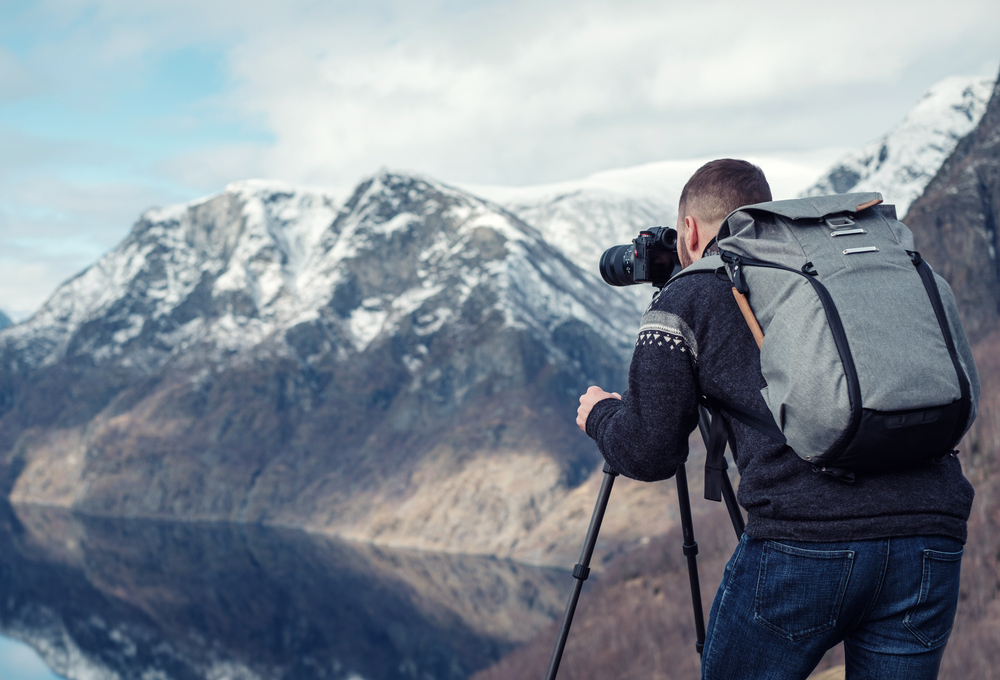
We all love quality pictures, don’t we? Pictures help us keep the memories of the people we love and moments we want to cherish throughout life.
Nature’s beauty is also a big reason to want to take pictures. We see beautiful landscapes during travels and explorations and they usually make for a worthy keep.
However, with the increase in smartphones and mobile devices that can take wonderful pictures, there seems to be a lower need for professional photographers. Yet, some people are taking the photography world by storm.
They understand that smartphones cannot offer the 4K resolutions and expertise that a photographer behind a high-resolution camera would offer.
David Koonar is one of the photographers leading this pack. David Koonar is a professional photographer based in Canada. He’s an expert real estate, food and landscape photographer committed to teaching people secret photography tips he’s learned over the years.
We had an up-close and personal session with David Koonar and he enlightened us on his photography journey. He also shared some secret tips you’ll love to hear about as a photographer.
David, when did you become a photographer?
Photography was my top hobby since I was in my late teens. I had always loved taking pictures of the wonderful landscape in Canada.
I decided to move to a formal photography institution to learn more about the art. That was five to seven years ago. I would say my professional journey started at photography school.
What forms of photography are you into?
I enjoy food photography and landscape photography. These two niches were defined by interests that were closely knit with my photography career.
I take top food pictures that are Instagram-worthy and teach lots of food lovers how to make the best Instagram worthy pictures. I also do some portrait and wildlife photography by the side.
How did you become a professional photographer?
Being a professional photographer was an easy decision to make. But I would say the dream became possible through these five steps.
- The first step was learning. For me, I achieved this process by going to photography school. For others, it might be a mentor or personal study.
- Then, I got a niche. You can’t take all kinds of pictures as a pro. So, I had to find an area to focus on, literally.
- Next, I found and bought the right type of cameras, tripod stands, lenses, and other photography tools.
- I also set out to practice with my tools and the tips I learned.
- Lastly, I built an online portfolio where I show people my professional masterpiece.
What do you think affects professional photography?
I’d say mindset. Professional photographers need to be confident in the value they offer. Also, poor equipment could make a professional photographer perform worse than an amateur.
David, is professional photography your life-long ambition?
Definitely, I hope to retire as a photographer. I am committing myself to take pictures that will stand the test of time, and maybe find their way to a museum.
I also hope to train as many professional photographers as I can in my lifetime.

Leave a Reply